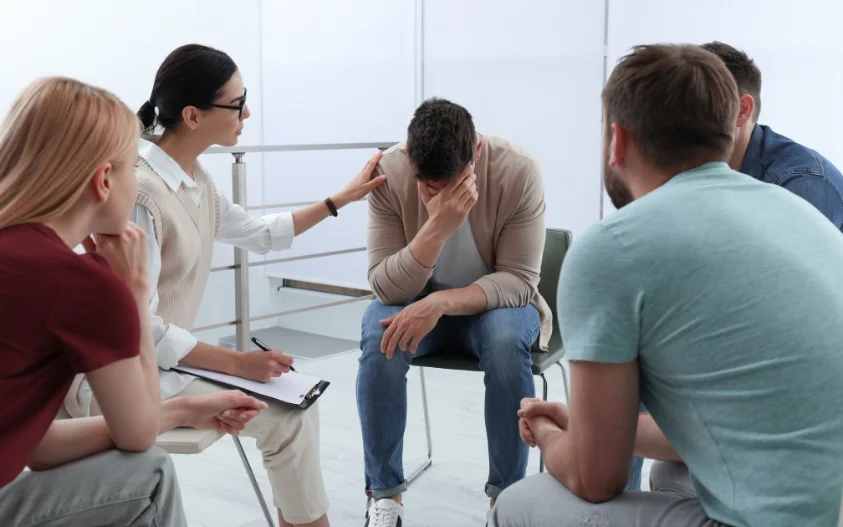24/7 Helpline:
(866) 899-221924/7 Helpline:
(866) 899-2219
Learn more about Opioid Rehab centers in Morgan County

Other Insurance Options

Ceridian

Coventry Health Care

CareSource

Health Choice

Multiplan

UnitedHealth Group

Humana

Covered California

American Behavioral

Regence

MVP Healthcare

BHS | Behavioral Health Systems

Amerigroup

MHNNet Behavioral Health

Access to Recovery (ATR) Voucher

Carleon

Sutter

Choice Care Network

Molina Healthcare

EmblemHealth

Eastridge Health Systems
Eastridge Health Systems is a private rehab located in Berkeley Springs, West Virginia. Eastridge He...













